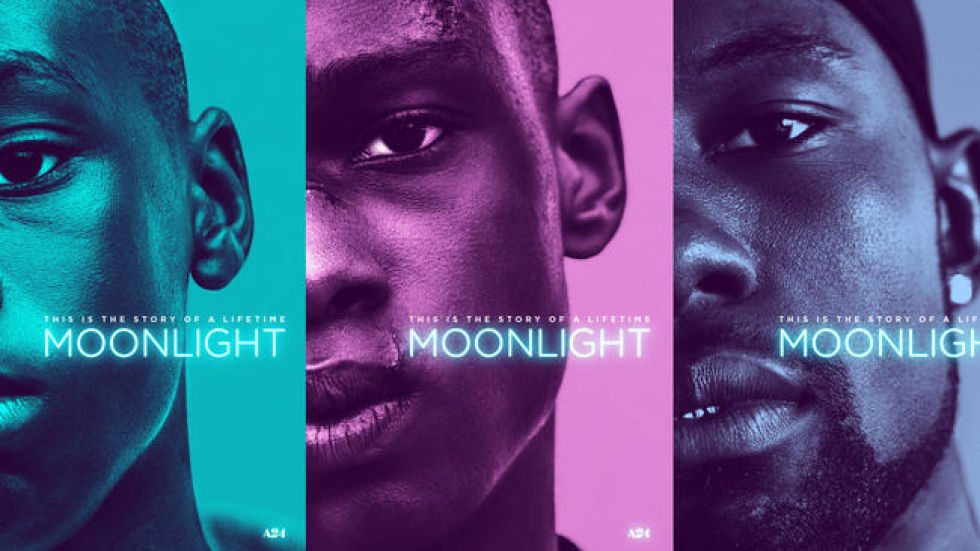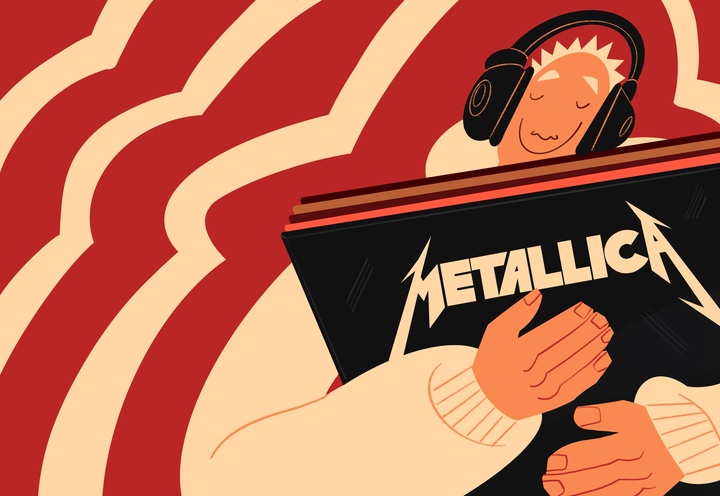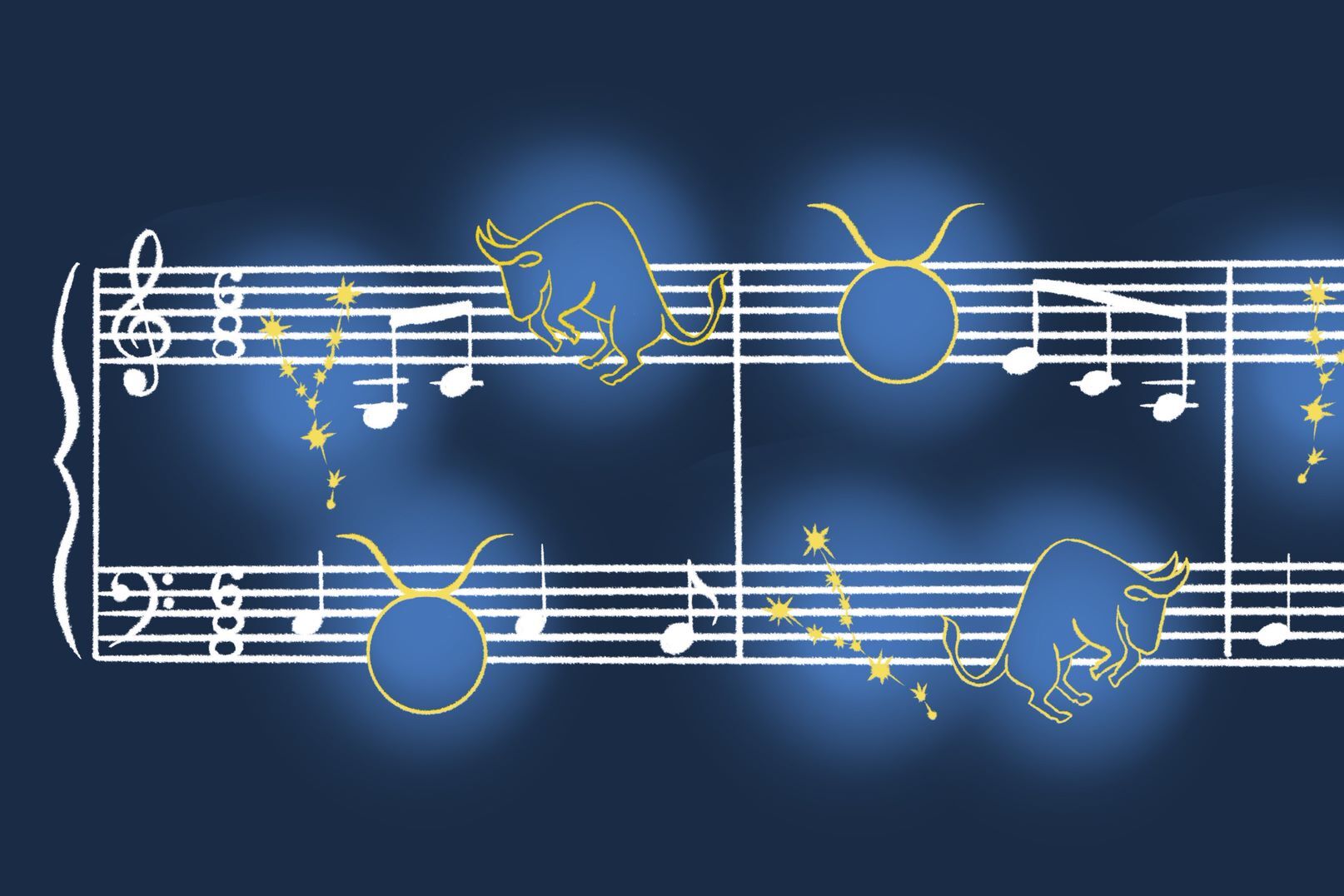The tradition of turning plays into films is a long and storied one, from 12 Angry Men to Amadeus. Many utilize restrained settings and claustrophobic environments to mimic the experience of watching a play, while others blow the setting wide open, making it near impossible to imagine them as anything other than a film. Barry Jenkins’ Moonlight is a prime example of the latter.
The film centers around a boy named Chiron, and it is divided into three sections that explore different time periods in his life. We see him as a young boy, a teenager and lastly a fully-grown man. This approach gives Moonlight an impressive and valuable sense of scope, but it occasionally hinders the film, forcing it to spend too much of it’s time filling in contextual details rather than deepening its characters and their interactions.
That being said, Moonlight is a tremendous achievement, and it contains some of the most remarkable and beautifully restrained performances I’ve seen all year. Alex Hibbert, Ashton Sanders and Trevante Rhodes all do an immaculate job of making Chiron feel like the same person, but also one that has changed and evolved over time. Thankfully, Moonlight delivers the goods in that department, because this is a problem that stumps way more movies than it should.
However, my favorite performances were ones given by members of the supporting cast. Naomie Harris (Spectre, Skyfall, Pirates of the Carribean: At World’s End) expertly plays Chiron’s mother, proving herself adept at showcasing her character’s destructive demons. While Andre Holland (American Horror Story: Roanoke, Selma) and famous pop-singer Janelle Monae both turn in nuanced performances in the short time they’re given, the real star is Mahershala Ali (House of Cards, Marvel’s Luke Cage). Again, he’s not in it that much, but his quietly charismatic turn as Juan (a drug dealer that befriends Chiron) is crucial to the emotional balance of the movie. He conveys so much weight and emotion with even the simplest of lines, especially in a truly moving scene at a dinner table that ranks as one of my favorite scenes of the year. He’s been terrific before, but he is absolutely Oscar-worthy in this film. It wouldn’t surprise me if he walked off with the statue at this year’s awards.
I’d be remiss to not talk about the technical aspects of Moonlight. For one, the cinematography is gorgeous. You feel the beating heat of the Miami sun, as well as the ocean breeze in one particular nighttime scene set on the beach. Every shade of blue is represented on screen, as well as some wonderful sprinkles of neon purple and red. Don’t wait for this movie to come to Netflix. Not only do the colors and lighting pop off the screen, but the film is expertly directed with regards to the way that Jenkins shoots his scenes.
The opening shot is a circling, unbroken take that takes place on a drug-addled street in Miami. It immediately draws us into the film and gives us a palpable sense of paranoia, even though the content of the scene is a simple conversation. In other scenes, Jenkins uses handheld camerawork to depict the unpredictability of youth, and reverts to far more static shots as the film goes on as a subtle way to mark Chiron’s development. However, none of this feels showy and unnecessary. When Jenkins lets his actors exist in real time, that long take is there for a reason.
In fact, that phrase describes the entirety of Moonlight. Everything is there for a reason, and nothing feels extraneous. In fact, all of the characters are so compelling that I wanted more time with them. The film could have been about 20 minutes longer, which would have given it more opportunities to hit more emotional high points with its excellent supporting characters.
Ultimately, Moonlight is a terrific film, and easily one of the best I’ve seen all year. Some of the subplots are underdeveloped, but the technical prowess on display here is incredible, as is the superlative writing, acting and directing. This slight glossing over of detail with regards to its relationships hold the film back from perfection, but it’s still a wonderfully made movie. Furthermore, it’s telling a story that we don’t often see on the big screen, in ways which I won’t spoil. It’s not my favorite film of the year (that honor still goes to La La Land) but I wouldn’t be at all surprised if it won the Oscar for Best Picture. I saw this film over a month ago and it’s stuck with me in a way that not many other films do. I suspect many will have a similar reaction.



